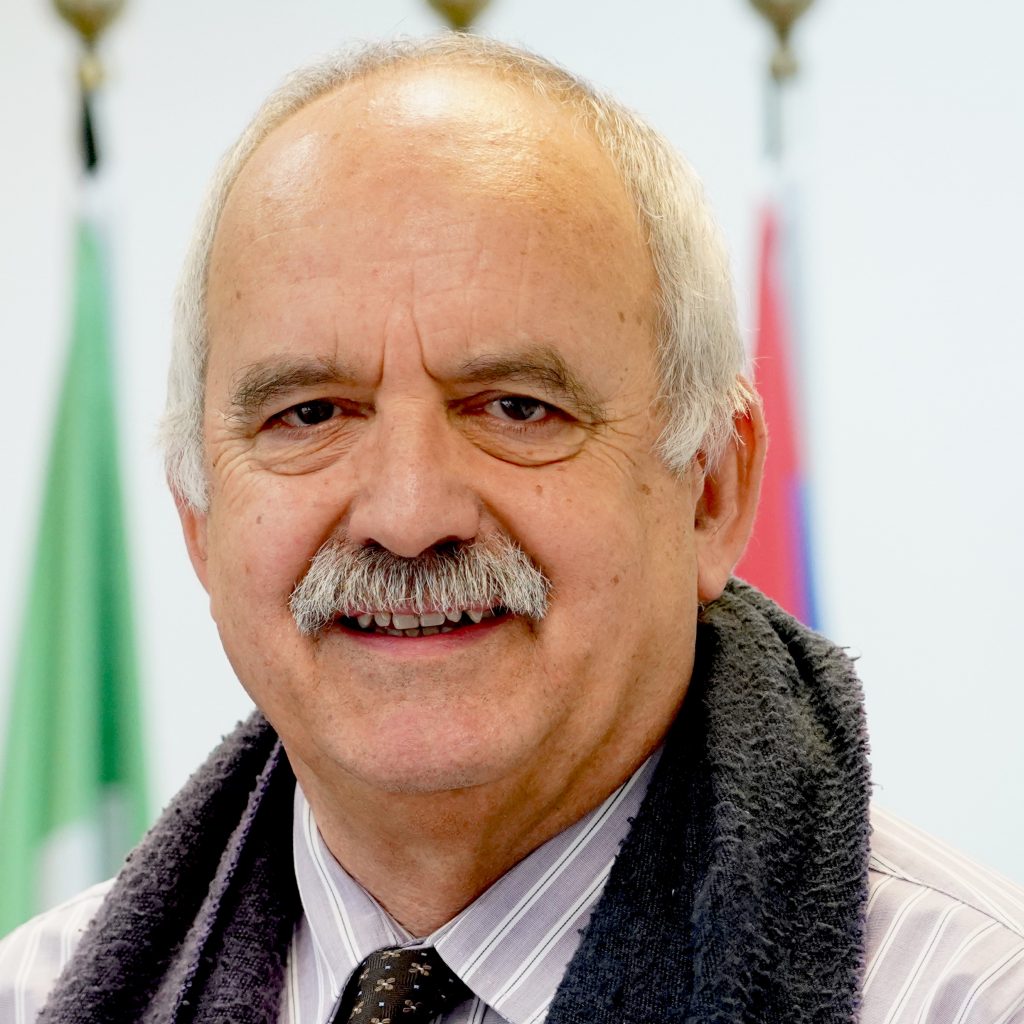
Islamic Relief’s Senior Policy Advisor for Poverty Reduction, Jamie Williams, is in Germany attending the United Nations Climate Change Conference and shares his experience hearing a speech from the UN Security General.
Islamic Relief is just finishing its first week at the United Nations Climate Change Conference in Germany. Here we are trying to make sure our efforts to help people adapt to the climate crisis are being reflected and supported in international agreements and decisions.
A speech made by the UN boss, Secretary General Antonio Guterres, appeared virtually at the conference. It gained headlines because he called for countries to ban advertising of oil and gas products, for the same public health and wellbeing reasons that tobacco advertising was curbed years ago.
But he said much more than that. He warned the target of limiting long-term global heating to 1.5 degrees Celsius is hanging by a thread. The difference between 1.5 and 2 degrees could be the difference between extinction and survival for some small coastal communities. It is the difference between minimising climate chaos or crossing dangerous tipping points where heating itself causes more heating – the point where we join the highway to climate hell.
And, he continued, it is a travesty of climate justice that those least responsible for the crisis are hardest hit: the poorest people; the most vulnerable countries; indigenous peoples; women and girls. The richest 1 per cent emit as much greenhouse gasses as two-thirds of humanity, rich countries produce 80% of global emissions – destroying lives, pummelling economies, and hammering health, wrecking sustainable development; forcing people from their homes; and rocking the foundations of peace and security – as people are displaced and vital resources depleted.
The Secretary General said that we have what we need to save ourselves. Our forests, our wetlands and our oceans absorb carbon from the atmosphere. We must protect them. We have the technologies needed to slash emissions. Renewables are booming as costs plummet and governments realise the benefits of cleaner air, good jobs, energy security, and increased access to power. Onshore wind and solar are the cheapest source of new electricity in most of the world – and have been for years. Renewables already make up 30% of the world’s electricity supply. And clean energy investments reached a record high last year – almost doubling in the last ten years. Wind and solar are now growing faster than any electricity source in history.
Guterres also emphasised ramping up protection from the climate chaos of today and tomorrow:
“It is a disgrace that the most vulnerable are being left stranded, struggling desperately to deal with a climate crisis they did nothing to create.”
Islamic Relief will continue its work to stand with and support these people adapt to climate breakdown. We will also be in the negotiation rooms where we can champion their cause. If you want to help Islamic Relief in this vital work, donate now.










